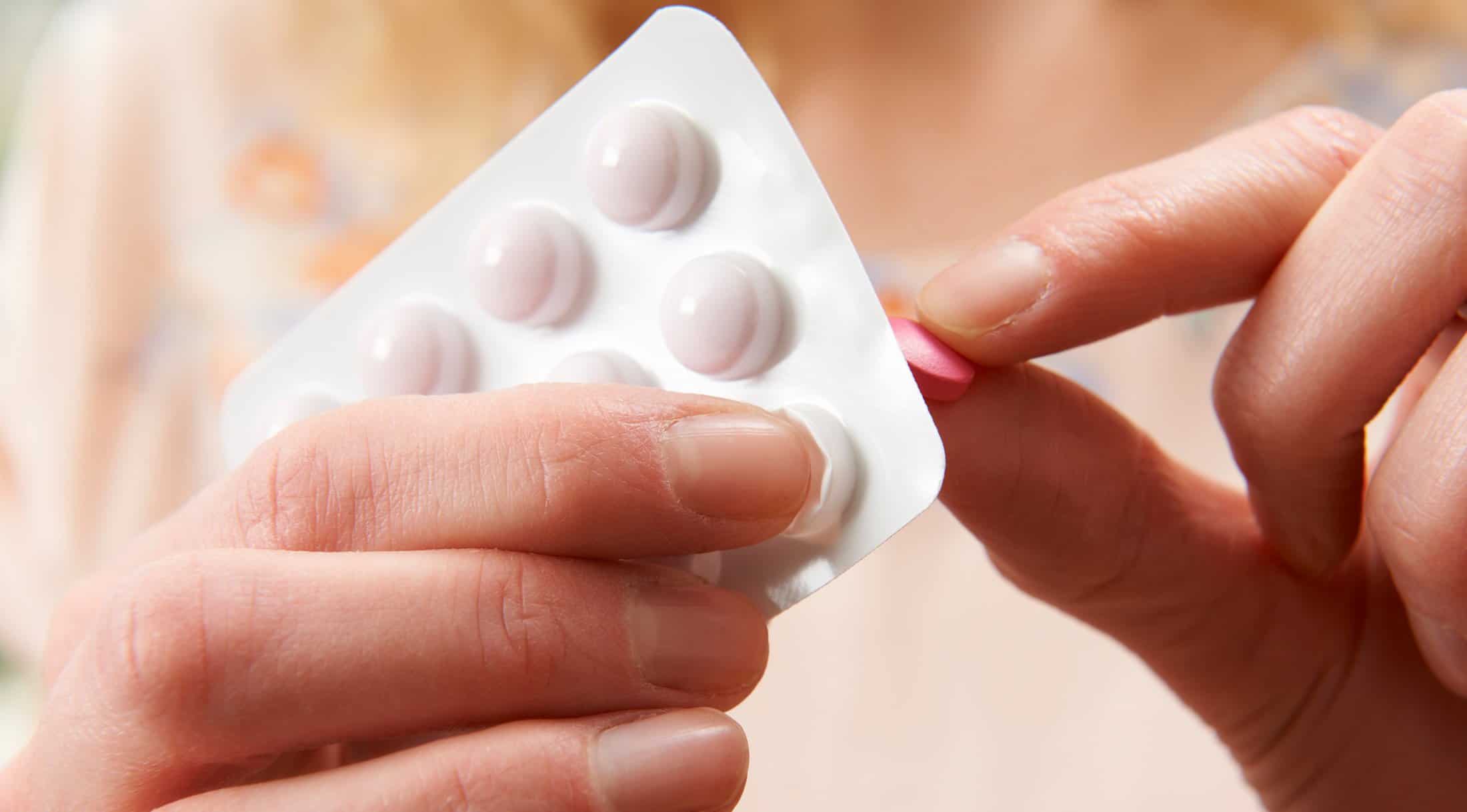A toothache can be a frustrating and unpleasant experience. No matter what time of the day or night it may be, people want to find an effective pain reliever to get rid of the discomfort. Toothaches are no fun which is why February 9th is World Toothache Day, a day to educate the reasons and prevention of toothaches.
WHAT CAUSES TOOTHACES?
Toothaches can make you lose focus, attention and your daily routine. Your toothache might only be a dull throbbing or an intense pain that makes you go insane; there really is nothing quite like a toothache. Toothaches do not have one single cause, and because dental pain is usually a symptom of a more serious problem, it is important that you see your dentist as soon as possible.
The most common causes of dental pain include:
- Tooth Decay
- Gum Disease
- Tooth Abscesses
- Dental Trauma
- Tooth Impaction
- Teeth Grinding
- Misaligned Teeth
SEE A DENTIST AS EARLY AS POSSIBLE
In many cases, toothaches can be one symptom of a bigger problem that can affect your oral health and your general health if you don’t seek treatment. Toothaches do not go away on their own. Therefore, when you visit your dentist, they can determine the exact cause of your pain and prescribe the most suitable treatment. Your dentist will recommend solutions which could include root canal therapy, a filling, crown or gum treatment.

HOW TO EASE DISCOMFORT
If you cannot see your dentist immediately and the toothache is driving you insane, there are a few temporary measures to relieve some discomfort before your appointment. However, they are not a substitute for dental treatment, and you should advise your dentist of any remedy you have taken before the treatment.
NATURAL REMEDIES
SALTWATER RINSE
This is the simplest home remedy and an effective first-line treatment. Salt water is a natural disinfectant, and it can help remove food particles that may be stuck in between your teeth. Treating a toothache with salt water can also help reduce inflammation and heal any oral wounds. Lastly, salt also has somewhat an antibacterial element, so it can help reduce further infection.
To use this remedy, just add salt to clean, tepid water and swish it around your mouth focusing on the affected tooth.
CLOVE OIL
Cloves are flower buds that are essentially one of the spices used in cooking or baking. Cloves have been used throughout history to treat toothaches because clove oil can effectively numb pain and reduce inflammation. Clove oil contains eugenol, which is a natural antiseptic, which works by numbing the area you applied it on, and gradually minimizing the swelling and redness.
To use this remedy, dab a small amount of clove oil onto a cotton ball and apply it to the affected area. Clove oil can also be diluted with a few drops of olive oil or water. Another application is to add a drop of clove oil to a small glass of water and use it as a mouthwash.
HYDROGEN PEROXIDE RINSE
A hydrogen peroxide rinse may also help to relieve pain and inflammation. In addition to killing bacteria, hydrogen peroxide can reduce plaque and heal bleeding gums.
To use this remedy, ensure the hydrogen peroxide is properly diluted. Mix 3 parts of hydrogen peroxide with 3 parts of water and use it as a mouthwash. Don’t swallow it.
COLD COMPRESS
Cold compress may be used to relieve the pain caused by a trauma to the tooth. When you apply a cold compress, it causes the blood vessels in the area to constrict. This makes pain less severe. The cold can also reduce any swelling and inflammation.
To use this remedy, hold a towel-wrapped bag of ice to the affected area for 20 minutes at a time. You can repeat this every few hours.

PEPPERMINT TEA BAGS
Peppermint tea bags can be used to numb pain and soothe sensitive gums. You can either use warm or cool applications.
For this remedy, you need a used tea bag to apply to the affected area. You can use a warm used tea bag or a chilled used tea bag by keeping it in the freezer for a few minutes.
GARLIC PASTE
For thousands of years, garlic has been used for its medicinal properties. Garlic contains allicin which has antibacterial properties and is also a pain reliever.
To use this remedy, crush a garlic clove to create a paste with a tiny bit of salt and apply it to the affected area. You can also slowly chew a clove of fresh garlic.
VANILLA EXTRACT
Vanilla extract contains alcohol, which can help to numb pain. It has antioxidant properties which makes it an effective healer.
To use this remedy, dab a small amount of vanilla extract onto your finger or a cotton ball and apply it directly to the affected area a few times per day.
GUAVA LEAVES
Guava leaves have anti-inflammatory properties as well as antimicrobial properties that can aid in oral care.
To use this remedy, chew fresh guava leaves or add crushed guava leaves to boiling water as a mouthwash.
OVER-THE-COUNTER DRUGS
If the toothache is intense and keeps you up at night, over-the-counter painkillers can be effective for temporary relief. Painkillers should only be swallowed and not applied directly to the gums, as the acid can burn gum tissue. Two of the well-known over-the-counter (OTC) drugs are ibuprofen and paracetamol. Although both can be considered safe, it is important not exceed the maximum dose recommended by the manufacturer.
IBUPROFEN
Commonly sold under brand names as Neurofen and Advil, Ibuprofen acts as an anti-inflammatory drug, relieving the swelling on the affected area where the infected or damaged tooth is located. This action alleviates the pain instantly.
PARACETAMOL
Tylenol, the most popular brand name of acetaminophen, is also a common request for toothache pain relief. Panadol, the most popular brand name especially by people who are allergic to or cannot take Paracetamol. Paracetamol does not have anti-inflammatory properties, but it generally relieves the pain as an analgesic, so people still find this drug useful as a toothache reliever.

While the above are only suggested for temporary relief, any lingering toothache requires a trip to the dentist.
Want to book a consultation? Call our friendly team on 3390 6100 or email us for more information on General Dentistry or Cosmetic Dentistry. Or click here to book your appointment.












i like this article about TOOTHACHE, and explain the causes for this ache, thanks for sharing this info
Dental relief initiatives represents hope for those who might otherwise struggle to access essential oral health services.